Have you decided to have a baby? If your answer is yes, we must congratulate you! But before proceeding, you need to make sure that the beautiful white pearls in your mouth are healthy. Not only does pregnancy affect oral health, but the health of teeth and gums also affects pregnancy and fetal health. A normally decayed tooth may not have symptoms for a long time and will not bother you. But with pregnancy, things will change. An increase in certain hormones during pregnancy can exacerbate dental problems and turn a small decay into a systemic infection of the teeth and gums. In addition to the complications caused by tooth decay for the mother, the fetus is also at risk. Research shows that there is a direct link between maternal gum disease and premature birth. Babies whose mothers have gum disease also weigh less at birth. Babies born prematurely are more prone to cerebral palsy and vision and hearing problems. Researchers estimate that out of every 100 premature births, about 18 are due to gum disease. Permanent gum infection is the main cause of these diseases. Diagnosing and eliminating these diseases before pregnancy can reduce the chance of premature birth by up to 80%.
Why should you see a dentist before getting pregnant?
Do you, like many other people, ignore the annual visits to the dentist? Do you always listen to this as an excuse? If so, it is best to contact your dentist as soon as possible and see your teeth as soon as possible. Most of us know that pregnant women should not be exposed to dangerous rays, including X-rays, as much as they can. If your teeth are in trouble, your doctor will need x-rays to make the correct diagnosis. If you are pregnant, you cannot simply take these pictures. In addition, pregnancy is a period in which your teeth are more prone to damage, including fractures, due to the increase in certain hormones as well as the supply of the fetus through the mother’s body. Also, during pregnancy, the gums, like other tissues in the body, become swollen. For this reason, they bleed earlier than normal. This hypersensitivity and swelling of the gums causes this part of the mouth to become infected with bacteria sooner, resulting in infection. If your teeth are weakened before pregnancy and your doctor corrects them, you can be sure of the health of your teeth during this period. It is also a good idea to ask your dentist to thoroughly clean and scaling your teeth before you become pregnant.
Dental care after pregnancy
If you have to see a dentist during pregnancy, be sure to let her know about your condition. As a precaution, it is best to avoid any surgery on the teeth in the first and last trimesters, except in emergencies. These periods are vital periods for fetal development. That is why it is recommended that the mother not be exposed to actions that could affect the fetus during this period, such as taking various medications or exposure to radiation. It is best to have any operation on the teeth after the baby is born.
Give your dentist detailed information about the medications or even supplements you are taking. Also, keep him informed of your doctor’s advice. This information may influence the dentist’s decision to treat your teeth.
Avoid taking x-rays of your teeth during pregnancy. If it is necessary to take a picture of your tooth due to an emergency, tell your doctor about your specific condition. He takes special precautions to prevent radiation from reaching you and your fetus.
During pregnancy, do not refuse to go to the dentist for periodic examinations under the pretext of being pregnant. Incidentally, these examinations are more important than ever during pregnancy because, as we have said, hormonal changes cause sensitivity of the teeth and gums and increase the likelihood of swelling and bleeding gums and tooth decay. See a dentist right away if you notice any unusual signs on your teeth or gums.
Vomiting during pregnancy can damage teeth. During pregnancy, especially in the first months, many women experience gastric reflux and vomiting. This problem causes a layer of acid to settle on your teeth, eventually damaging the enamel and eventually accelerating its destruction. In order to reduce the destructive effects of this problem on the teeth, it is better not to brush your teeth immediately after vomiting, as this will cause more enamel to be lost. First, rinse your mouth thoroughly with plain water. Then use a fluoride mouthwash. Brush your teeth after an hour. Maintain good oral hygiene during this time more than ever. Brush your teeth at least twice a day with a fluoride toothbrush and floss and rinse your mouth every night.



